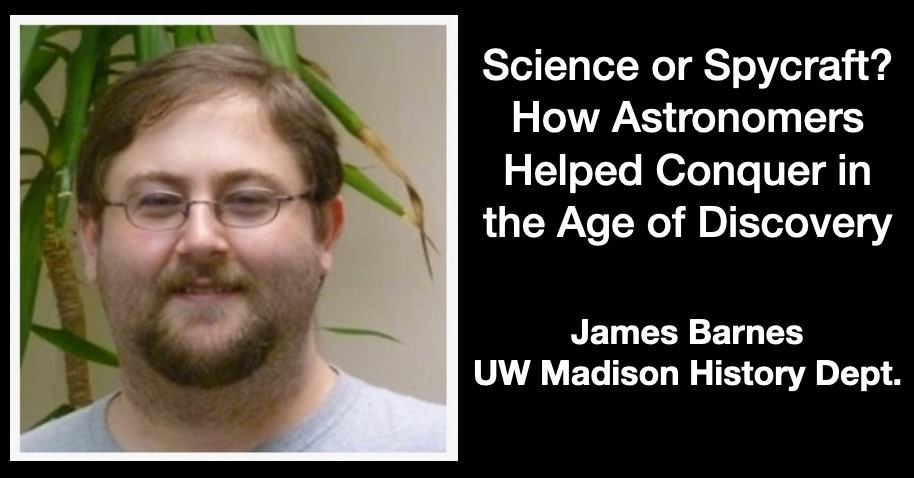Science or Spycraft? How Astronomers Helped Conquer in the Age of Discovery

In a modern world whose immediate history remains informed by the Cold War, it is easy for us to see the ways in which science and geopolitics intermingle. It is no secret, for example, that the rockets that power our modern space missions are products of Cold War weapons programs, nor is it a secret that the Apollo program was itself a direct response to the Soviet Union’s own triumphs in space exploration. Just as one cannot speak of the Cold War without conjuring the specter of nuclear weapons, one likewise cannot speak of the Cold War without remembering an era when espionage and spycraft came fully into the modern age. But espionage and the guarding of scientific secrets is not unique to modernity. Between 1614 and 1626, the Italian nobleman Pietro della Valle journeyed throughout much of what we today call North Africa, the Middle East, and the West-Indian coast. His long journey had a single purpose: to obtain lost books and ancient knowledge that he and his patrons believed would vindicate Copernican cosmology. He also sought targets of opportunity, purchasing books on science and magic, any scriptures pre-dating the Vulgate, and any maps he encountered. Beyond this, his diaries reveal a keen interest in local fortifications and water sources, often describing them in detail and commenting on their seeming strengths and weaknesses. These activities unsurprisingly piqued the interest of local authorities who often forbade local merchants and book sellers from trading with or revealing craft secrets to him. This talk will tell the story of how della Valle conspired with the Jesuit astronomer Christopher Borri to convert the Muslim astronomer Zayyn al-dīn al-Lārī, and how Tycho Brahe’s novel discoveries came to be at the heart of that plan. My goal is to provide an opportunity to reflect on the ways in which regional and factional intrigue helped shape astronomy in the seventeenth century, as well as the ways in which della Valle used astronomical knowledge as capital for extracting secrets and enticing forbidden transactions.
Biographical Sketch:
James Barnes is currently a dissertator and Lindberg Distinguished Graduate Fellow in the History of Science, Medicine, and Technology Program at the University of Wisconsin-Madison. His research interests include the history of astronomy and cosmology, navigation, scientific practice, science and religion, and knowledge production across cultures. His current research focuses on the Jesuit astronomer Christopher Borri, the institutionalization of science in Europe beginning in the 17th century, and the relationship between science and the state.
The May meeting will be a virtual event, hosted with Zoom. Members will receive an email with a link and instructions to join a day or two before the event. Again this month we are opening the virtual meeting up to our web followers who may want to join in. If you would like to attend the MAS virtual meeting, send an email to madisonastro.info@gmail.com by noon Friday, May 14 to let us know of your interest. We will email you the Zoom link at 3pm that day which will get you into the meeting by 7:30 on Friday evening. See Less
